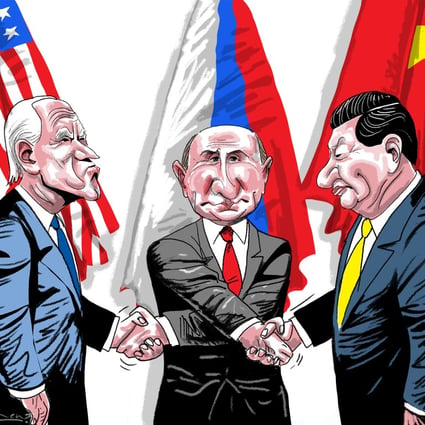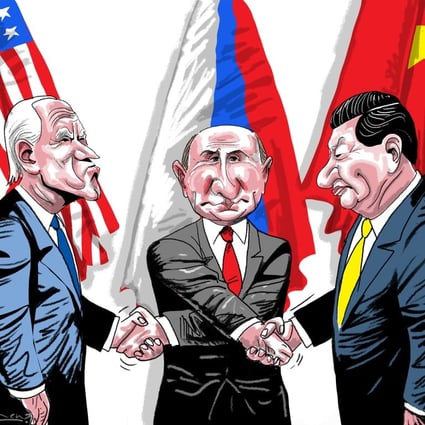
Present-day Russia is undoubtedly a military and scientific power, but it is not a buoyant economy or an economy capable of making a global impact on its own.
Vladimir Putin’s war in Ukraine has been a strategic failure for Russia: its military weaknesses were exposed; its economy seriously damaged for years to come; its future as China’s junior partner and “economic colony” is being shaped by Putin’s mistakes; its vindictive ambitions diminished by a NATO that has only grown bigger and stronger.
The brutal assessment of William Burns, director of the Central Intelligence Agency, could be argued at many levels, especially from the point of view of Russia, its allies, and supporters, including those who would like to see the nation as a geopolitical counterweight to the Americans.
Present-day Russia is undoubtedly a military and scientific power, but it is not a buoyant economy or an economy capable of making a global impact on its own. And this is Burns’ point: The war in Ukraine has not been a good move for Moscow or for Putin’s government. Worse still, it has been counterproductive.
Burns’ remarks came during an annual conference sponsored by the Ditchley Foundation in Oxfordshire, United Kingdom, which was reproduced in essay form by The Washington Post. It’s interesting and important, for various reasons.
The starting point is the recognition that “It is a world in which the United States is no longer the only big kid on the geopolitical block — a world in which humanity faces both peril and promise.”
In this sense, Burns posits Russia as an important, but no longer major, player and presents a world in which the problems for his country are “the challenge of strategic competition from a rising and ambitious China — and from a Russia that “constantly reminds us that declining powers can be at least as disruptive as rising ones.”
In second place are the “problems without passports, such as pandemics and the climate crisis, which are beyond the reach of any one country to deal with on its own and which are becoming more extreme and existential.”
“And third is the revolution in technology, which is transforming how we live, work, fight and compete, with possibilities and risks we can’t yet fully grasp.”
According to Burns, these singular challenges also sometimes conflict with one another, meaning responses to problems such as pandemics or ecological disasters fall victim to strategic competition.
In the U.S. world view, Russia’s invasion of Ukraine is a serious problem, but ultimately something that will be defeated by the Ukrainians, with Western support; the real challenge is the competition between the U.S., the current dominant power, and China, which wants to be, and possibly will be, the next dominant power. But the terms of the challenge will define much of the world’s future.




















































